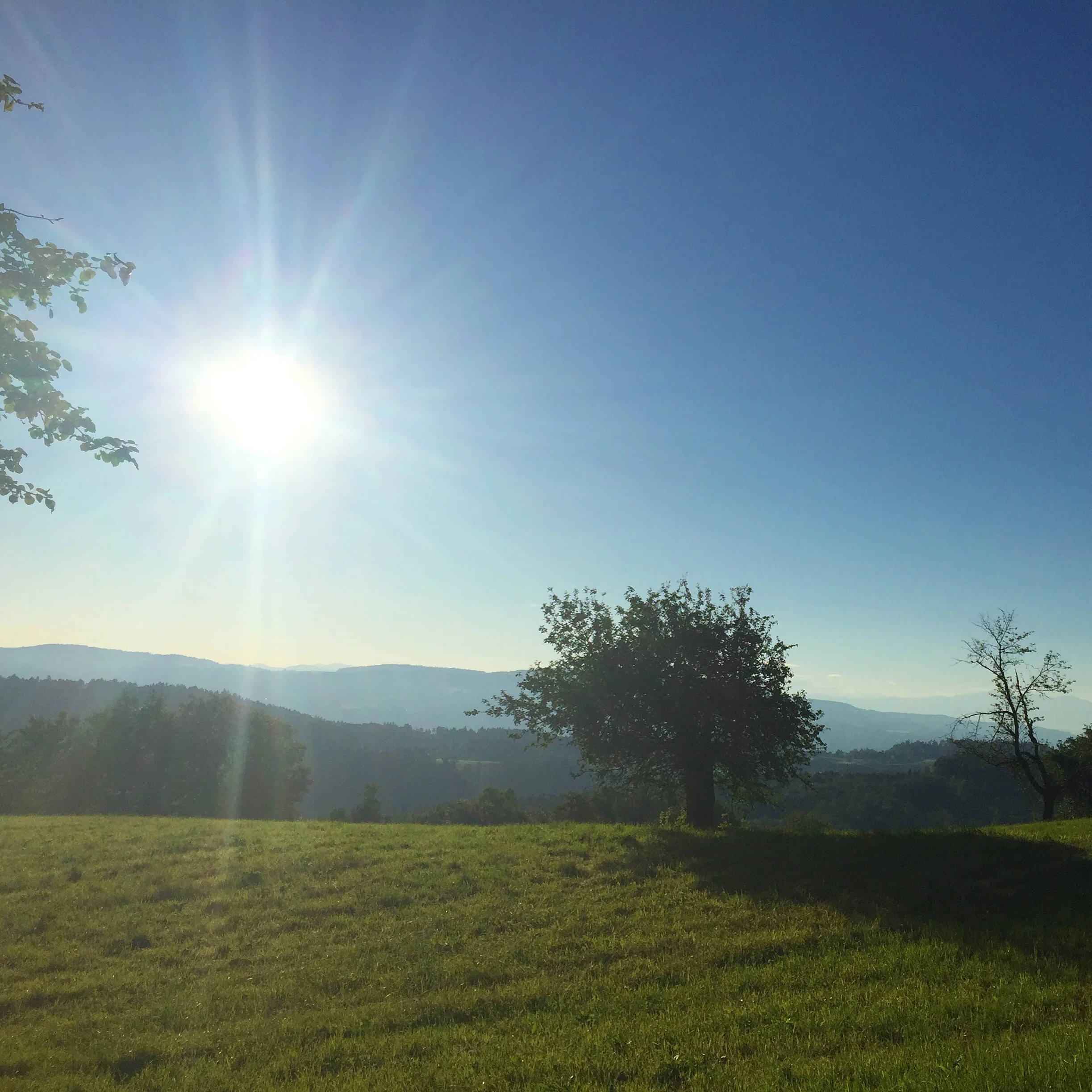"Much of the necessary knowledge is now available but we do not use it. We train ecologists in our universities and even employ them in our governmental agencies but we seldom take their advice." - Rachel Carson
Picture from GeNature.com
These words could have been written yesterday, but this week marks the 55th anniversary of Silent Spring's first publication. She was a government scientist before she was an activist and Rachel Carson's desire to protect the environment grew out of a deep connection to the natural world. As a marine biologist, she started her early career writing about the wonders and magic of the sea, in a way that can best be described as poetic. Once she began working for what is now the U.S. Fish and Wildlife Service cataloguing fish health, she could not help but become alarmed by the damage she documented from pesticide use. Inspired to act, she used the most powerful weapon in her scientific arsenal: words. She dropped the flowery tone of her previous work, and systematically documented the damage that she saw pesticides unleashing on aquatic environments, and ultimately human health. Her tone may have been fierce, but the facts were too burdensome to ignore. She took the evidence before her directly to the public, rather than waiting for the next grant cycle or professional conference.
This week we invite you to do the same: write. Use your best handwriting or a favorite font and channel your energy to ensuring that Carson's vision for strong public scientific capacity is realized. Try your hand at crafting a letter to a member of the Cabinet. We often focus our energy on writing to elected officials, and sometimes forget that key appointees need to hear our voices, too. Send a letter to the Department of Interior Secretary Ryan Zinke to remind him that the agency is responsible for stewardship of 500 million acres, or 20% of the total lands in the United States. Let's remind Secretary Zinke that he is a key voice for citizens as one of the President's closest officials. Science plays a particularly visible role in the public interest during summer months. As fire season takes hold, it will be important to maintain basic science monitoring related to drought, wildlife, forest health, streamflow, and wise use of public spaces.


